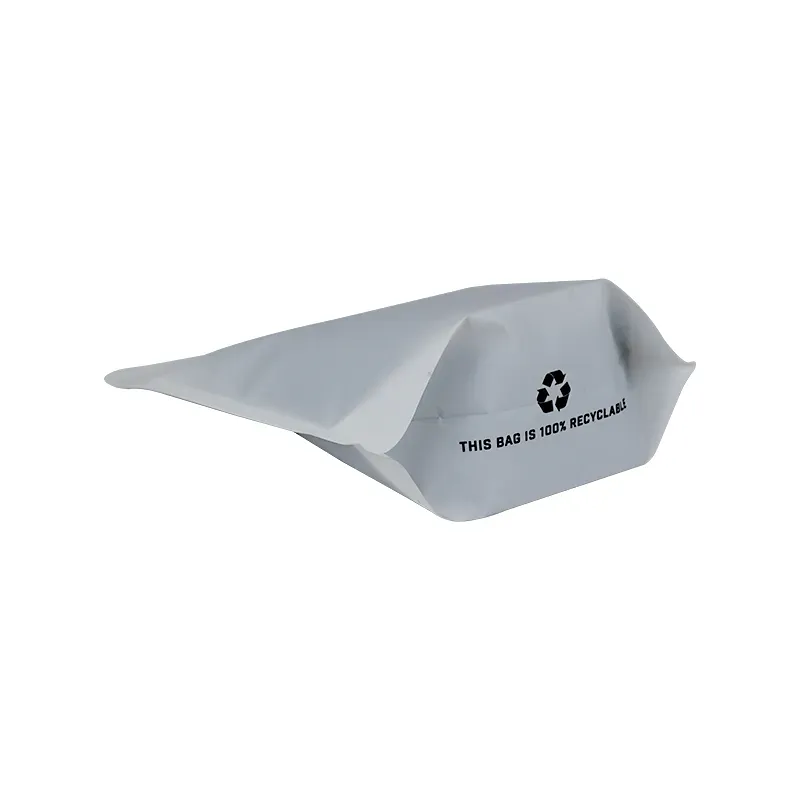Email: enid@bc-pak.com
Tel: 86-757- 88811186
- Afrikaans
- Albanian
- Amharic
- Arabic
- Armenian
- Azerbaijani
- Basque
- Belarusian
- Bengali
- Bosnian
- Bulgarian
- Catalan
- Cebuano
- chinese_simplified
- chinese_traditional
- Corsican
- Croatian
- Czech
- Danish
- Dutch
- English
- Esperanto
- Estonian
- Finnish
- French
- Frisian
- Galician
- Georgian
- German
- Greek
- Gujarati
- haitian_creole
- hausa
- hawaiian
- Hebrew
- Hindi
- Miao
- Hungarian
- Icelandic
- igbo
- Indonesian
- irish
- Italian
- Japanese
- Javanese
- Kannada
- kazakh
- Khmer
- Rwandese
- Korean
- Kurdish
- Kyrgyz
- Lao
- Latin
- Latvian
- Lithuanian
- Luxembourgish
- Macedonian
- Malgashi
- Malay
- Malayalam
- Maltese
- Maori
- Marathi
- Mongolian
- Myanmar
- Nepali
- Norwegian
- Norwegian
- Occitan
- Pashto
- Persian
- Polish
- Portuguese
- Punjabi
- Romanian
- Russian
- Samoan
- scottish-gaelic
- Serbian
- Sesotho
- Shona
- Sindhi
- Sinhala
- Slovak
- Slovenian
- Somali
- Spanish
- Sundanese
- Swahili
- Swedish
- Tagalog
- Tajik
- Tamil
- Tatar
- Telugu
- Thai
- Turkish
- Turkmen
- Ukrainian
- Urdu
- Uighur
- Uzbek
- Vietnamese
- Welsh
- Bantu
- Yiddish
- Yoruba
- Zulu
types of sustainable packaging
Views :
Update time : Feb . 15, 2025 14:05
In recent years, the demand for sustainable packaging has surged as businesses and consumers recognize the environmental impact of conventional packaging materials. Sustainable packaging is not just a trend, but a crucial step towards reducing carbon footprints and ensuring environmental health. Understanding the different types of sustainable packaging is essential for companies aiming to optimize their environmental initiatives and align with consumer values.
Minimalist packaging reduces material usage, thereby lessening waste and energy consumption. This approach leverages innovative design to create packaging that protects products effectively while using fewer resources. Brands like Amazon have rolled out 'frustration-free packaging' initiatives, employing easily recyclable materials and eliminating excessive packaging components. This wide-scale adoption underscores minimalist packaging's alignment with efficiency and environmental stewardship. Brands are also exploring edible packaging, which provides an avant-garde approach to packaging by creating materials that can be safely consumed. Although edible packaging is still relatively niche, companies like Notpla are demonstrating expertise in creating seaweed-based packaging solutions that offer environmentally benign alternatives to plastic, thus reducing pollution and litter. Bioplastics have emerged as a viable alternative to traditional petroleum-based plastics, providing similar functionalities with reduced environmental impacts. Made from renewable sources such as vegetable fats and oils, bioplastics reduce reliance on fossil fuels. The European Bioplastics association serves as a leading authority in this sector, advocating for innovation and deployment of bioplastic solutions across diverse industries. Emphasizing Experience, Expertise, Authoritativeness, and Trustworthiness (E-E-A-T) in sustainable packaging not only aligns with current environmental imperatives but strengthens brand reputation. Companies harnessing these innovative packaging solutions can lead by example, gaining consumer trust and setting benchmarks within industries committed to sustainability. As global consciousness on environmental responsibilities heightens, sustainable packaging proves to be a critical measure in fostering long-term ecological balance and corporate success.


Minimalist packaging reduces material usage, thereby lessening waste and energy consumption. This approach leverages innovative design to create packaging that protects products effectively while using fewer resources. Brands like Amazon have rolled out 'frustration-free packaging' initiatives, employing easily recyclable materials and eliminating excessive packaging components. This wide-scale adoption underscores minimalist packaging's alignment with efficiency and environmental stewardship. Brands are also exploring edible packaging, which provides an avant-garde approach to packaging by creating materials that can be safely consumed. Although edible packaging is still relatively niche, companies like Notpla are demonstrating expertise in creating seaweed-based packaging solutions that offer environmentally benign alternatives to plastic, thus reducing pollution and litter. Bioplastics have emerged as a viable alternative to traditional petroleum-based plastics, providing similar functionalities with reduced environmental impacts. Made from renewable sources such as vegetable fats and oils, bioplastics reduce reliance on fossil fuels. The European Bioplastics association serves as a leading authority in this sector, advocating for innovation and deployment of bioplastic solutions across diverse industries. Emphasizing Experience, Expertise, Authoritativeness, and Trustworthiness (E-E-A-T) in sustainable packaging not only aligns with current environmental imperatives but strengthens brand reputation. Companies harnessing these innovative packaging solutions can lead by example, gaining consumer trust and setting benchmarks within industries committed to sustainability. As global consciousness on environmental responsibilities heightens, sustainable packaging proves to be a critical measure in fostering long-term ecological balance and corporate success.
Recommend products
Read More >>
Related News
Read More >>













